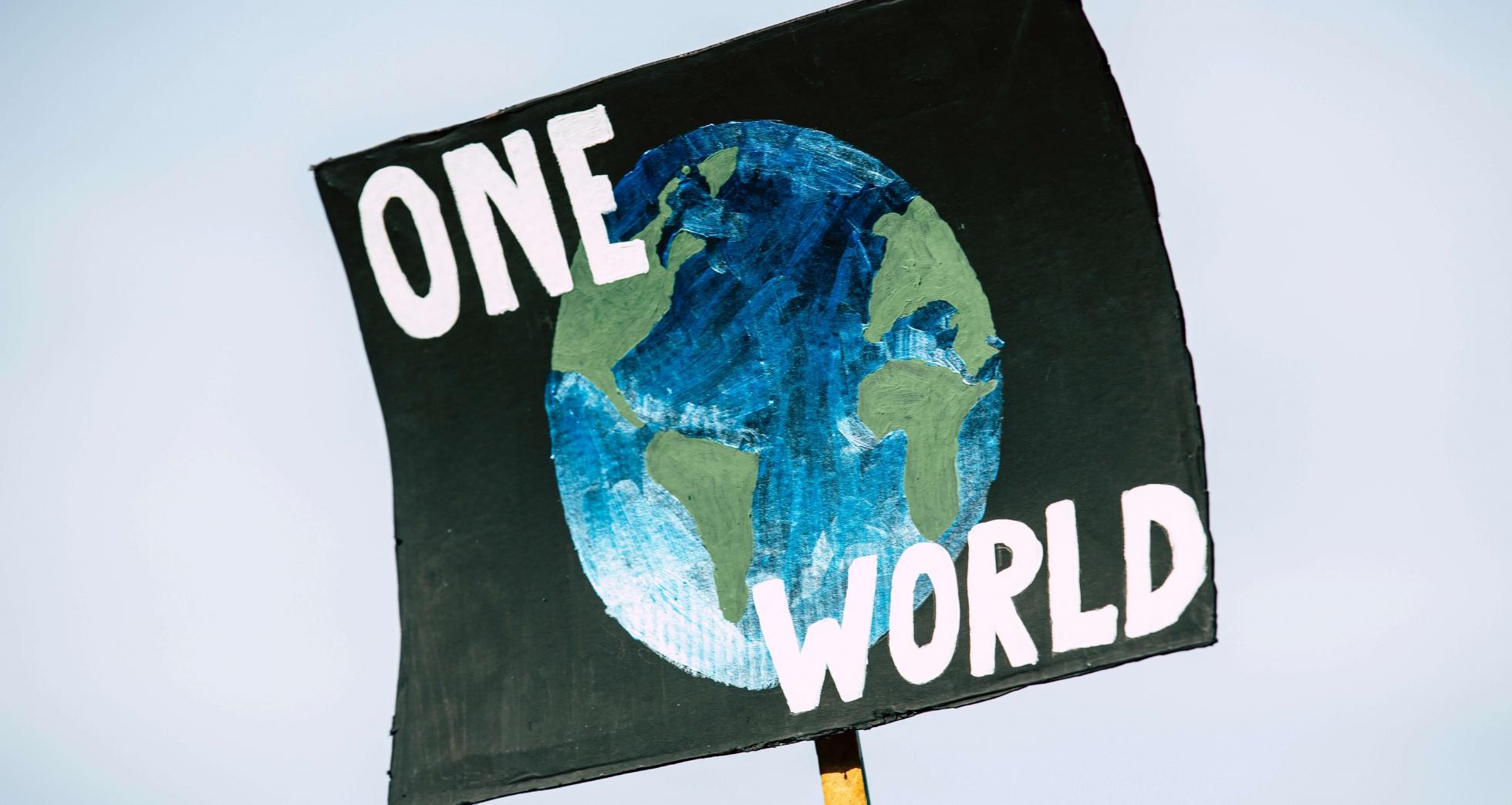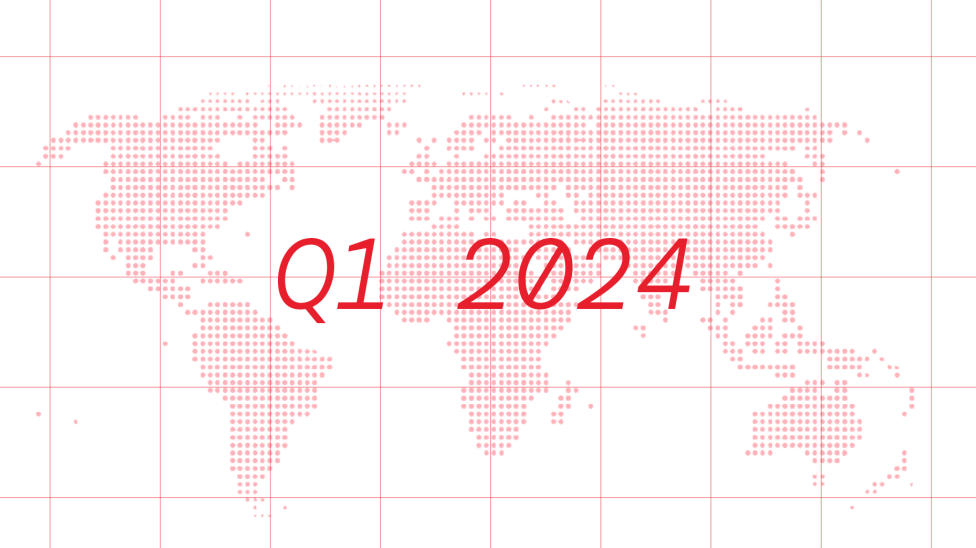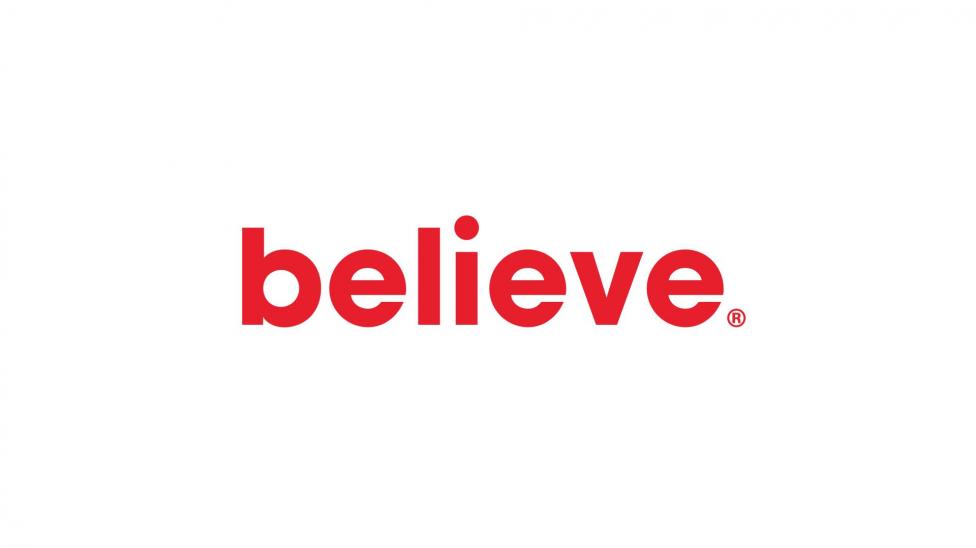
Eco-chambers: how Music Declares Emergency can help make the music business greener

The music industry has a renewed focus on its environmental concerns and the Music Declares Emergency (MDE) movement has proven to be an important catalyst for change here. Companies across the business sign up to MDE’s pledges and it breaks down, by sector, what the different parts of the industry can each do to make a profound difference here.
Believe is one of hundreds of organisations to have signed up to become what MDE calls a “declarer” and it is working on ways to make itself as green as possible.
Audrey Chemir, global employee engagement director at Believe, says the company’s embracing of MDE comes out of its own four guiding principles – respect, fairness, transparency and expertise.
“From that, we wanted to structure our corporate social responsibility initiative, all based on the values that have been at the core of Believe as a business since it started,” she explains.
There are a multitude of environmental organisations and causes that are directly or indirectly connected to the music industry – such as Julie’s Bicycle, A Greener Festival, Earth Percent, Music X Green, Reverb, Climate Music Project and Greenpeace – but Believe wanted to partner with a single organisation and focus all its efforts on that.
“We felt that Music Declares Emergency is a great way of leveraging music in order to voice and to support what is important for us,” says Chemir.
Leigh Morgan, global director of editorial and marketing partnerships at Believe, argues the global nature of the company also meant it needed a single organisation to focus around. MDE was the one that best fitted the brief as it could help all parts of the music business speak in unison.
“It feels that it is working for the whole music industry, pulling everyone in the same direction and we're all speaking the same language,” he says of MDE. “We are all in the same industry and, therefore, it is going to give us one voice. Particularly when you work in the independent sector, having one voice is really difficult as we are all disparate entities and are often competing with each other.”
We are all in the same industry and, therefore, Music Declares Emergency is going to give us one voice. Particularly when you work in the independent sector, having one voice is really difficult
Green ideas for the music business have been around for a long time – but the speed at which they are circulated and acted upon is entirely new
The threads that make up modern day environmentalism are many and varied, but if there was a single moment that coalesced things for the counterculture – and, by default, the music industry – it was the publication of the first edition of the Whole Earth Catalog in September 1968. It worked as both a rallying cry for ecological thinking as well as a manual for people looking to lead a more self-sufficient and greener life.
Musicians in the wake of the Whole Earth Catalog had hits with songs about environmental issues – including Joni Mitchell’s ‘Big Yellow Taxi’ and Marvin Gaye’s ‘Mercy Mercy Me (The Ecology)’ – and this took the issues mainstream. They have directly linked themselves with environmental causes and organisations, most notably Greenpeace, ever since. These tended to be flashpoints, however, rather than rolling campaigns.
The School Strike For Climate movement kick-started by Greta Thunberg in 2018 showed the true power of social activism via social media and set a new type of agenda through the always-on nature of Twitter, Facebook and Instagram.
This is all a momentum and a form of strategic thinking that MDE and its “declarers” are embracing with everything they do.
MDE was created to enable the UK music industry to declare a climate and ecological emergency
Outlining the MDE commitments and action points
The MDE movement began in July 2019 and has expanded globally since them, launching initiatives in specific markets.
At its launch, Alison Tickell, the MD of Julie’s Bicycle and a member of the MDE working group, outlined its objectives. “It has never been more important to understand the gravity of the climate crisis and to do more,” she said. “MDE was created to enable the UK music industry to declare a climate and ecological emergency, to accelerate collaboration and ambition in order to meet critical targets and to call on government to use their policy and investment tools to help us to reach those goals.”
Believe has launched a carbon footprint audit that will run through the rest of the year. "We want to be committed to heading towards carbon neutrality,” says Chemir. “We want to raise awareness about the fact we are also committed to have a positive impact in the music industry and show that we are responsible.”
Morgan explains further. “We will look at each and every part of what we are doing as a business,” he says. “We have got to look at all our energy use across the company in the office. Every office is going to be doing this.”
A core idea behind the movement is that the music business – because of its enormous cultural influence – can help shift public opinion and gather support for the MDE objectives.
“The music industry has the opportunity to lead here,” Lewis Jamieson, a spokesman for MDE, told The Guardian in April 2021. “It can become the exemplar of a green recovery, and help the public to understand and support what that idea means.”
The impact of the global pandemic cannot be discounted as a contributory factor here – especially with regard to the long-term cultural and organisational implications it is likely to have. The fact that staff across many parts of the music business have been able to transition to working from home shows that a complete return to the old ways of office-based life is not necessary or desirable.
“We have been building great relationships with people and partners through Zoom and Teams,” says Morgan of the work culture changes and their positive environmental impact. “It is another clear lesson for us all. It is going to have a big impact on our footprint as an office as people will not be coming in all the time.”
We want to raise awareness about the fact we are also committed to have a positive impact in the music industry and show that we are responsible.
The artists take control
What is important to remember about MDE is that it was a musician who was the driving force behind it. In 2019, Fay Milton (the drummer in Savages) co-founded MDE and from that has sprung the No Music On A Dead Planet campaign.
“To use Greta Thunberg’s analogy, the house is on fire, and there isn’t time for whoever started the fire with their cigarette to quit smoking before saying the house is on fire,” she said. “It’s on fire now, and we need to fix this. Let’s change our lifestyles, let’s fly less, let’s use less plastic – but ultimately what’s needed is a governmental response.”
Others such as Coldplay have stated they will not tour again until they can do so in a less environmentally damaging way while The 1975 have already made steps to achieve this at their pre-pandemic shows. Others are looking to find ways to embrace things like NFT technologies in a way that use dramatically less energy, seen most notably in the recent launch of the OneOf platform.
Believe-affiliated artists have also been public with their campaigning around these issues. Wonderful World is a project that featured a variety of artists, including French classical musician Christian-Pierre La Marca (signed to Naïve), designed to raise awareness for the GoodPlanet Foundation.
The music industry has the opportunity to lead here, it can become the exemplar of a green recovery, and help the public to understand and support what that idea means.
Progress in unity: why having the entire company behind this movement will have the deepest results
Of course, signing up to a cause or an organisation is one thing: doing something about it is another thing entirely. To achieve these varied objectives, all music companies need both management and staff to equally put their shoulders to the wheel.
What MDE can do is crystallise this thinking and work as a common area of focus for everyone.
“There will be a few tricky conversations, which I think people need to have in order to challenge themselves and challenge the way they are thinking about issues,” says Morgan.
For Chemir the industry momentum here is unstoppable and it will deliver strong and lasting results. “It is a mix of a top-down and bottom-up approach,” she says of pan-industry efforts. “That is the only way it can work.”



